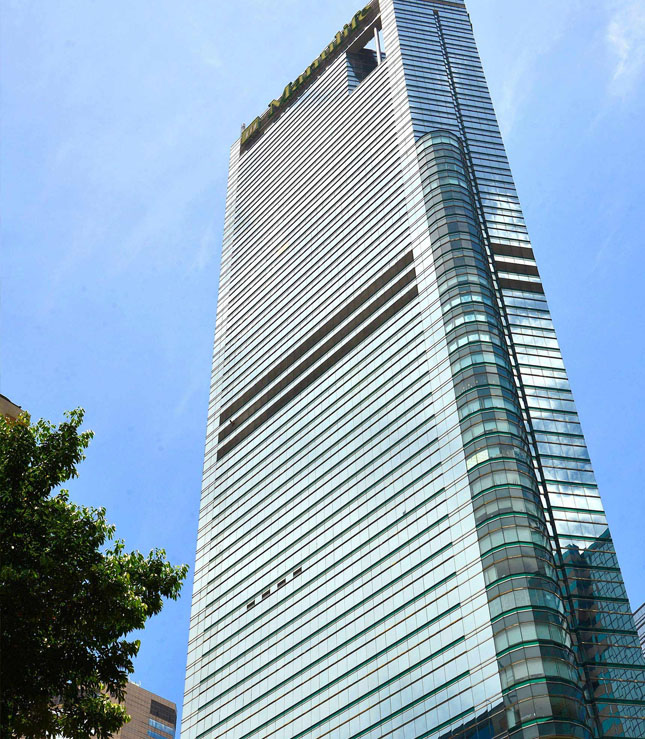Hong Kong’s Climate Action Plan 2050
has set a pathway for decarbonising the electricity supply before 2050. The building sector should be playing a prominent role in decarbonising the demand side which is to reduce the energy consumption within buildings.

The HKGBC Climate Change Framework For Built Environment
To this end, Hong Kong Green Building Council (HKGBC) is taking the lead in the development of the HKGBC Climate Change Framework For Built Environment (framework) together with related experts and actors within the industry. The framework aims to serve as a holistic reference for developers, building owners, management and occupiers in meeting the agenda of decarbonisation and stimulate more stakeholders in the industry to embrace carbon neutrality and climate risk management. It sets out the definitions related to carbon neutrality in Hong Kong, calculation methods of energy and carbon based on those definitions, benchmarking schemes and reference data for managing climate risks.
Tools and Certification Schemes
To facilitate the building sector to benchmark their carbon and energy performance, the Council has established baselines for embodied carbon intensity and energy utilisation index (EUI) for different building types. Building on those, a series of benchmarking and target setting schemes are being produced. Building owners can use those tools to evaluate the performance of their buildings and set the carbon and energy targets.
Zero-Carbon-Ready Building
Zero-carbon-ready building criteria is adopted. The criteria are defined by the International Energy Agency (IEA) that zero-carbon-ready buildings are highly energy efficient and resilient buildings that either use renewable energy directly, or rely on a source of energy supply that can be fully decarbonised, such as electricity or district energy.
This definition and criteria are adopted due to the fact that the concept of “Zero-Carbon-Ready Building” is well accepted internationally and Hong Kong has already committed to fully decarbonised their electricity supply.
The criteria of ‘highly energy efficient” is established with the energy database or achieving a significant reduction of energy demand making reference to international practice which is about 65% reduction from the baseline.
Net Zero Energy Building
The net zero energy building requires that the annual on-site renewable energy generation shall be equal to or more than the annual energy consumption of the building. Renewable energy may be directly used within a building, stored and used within a building, or fed back to the grid.